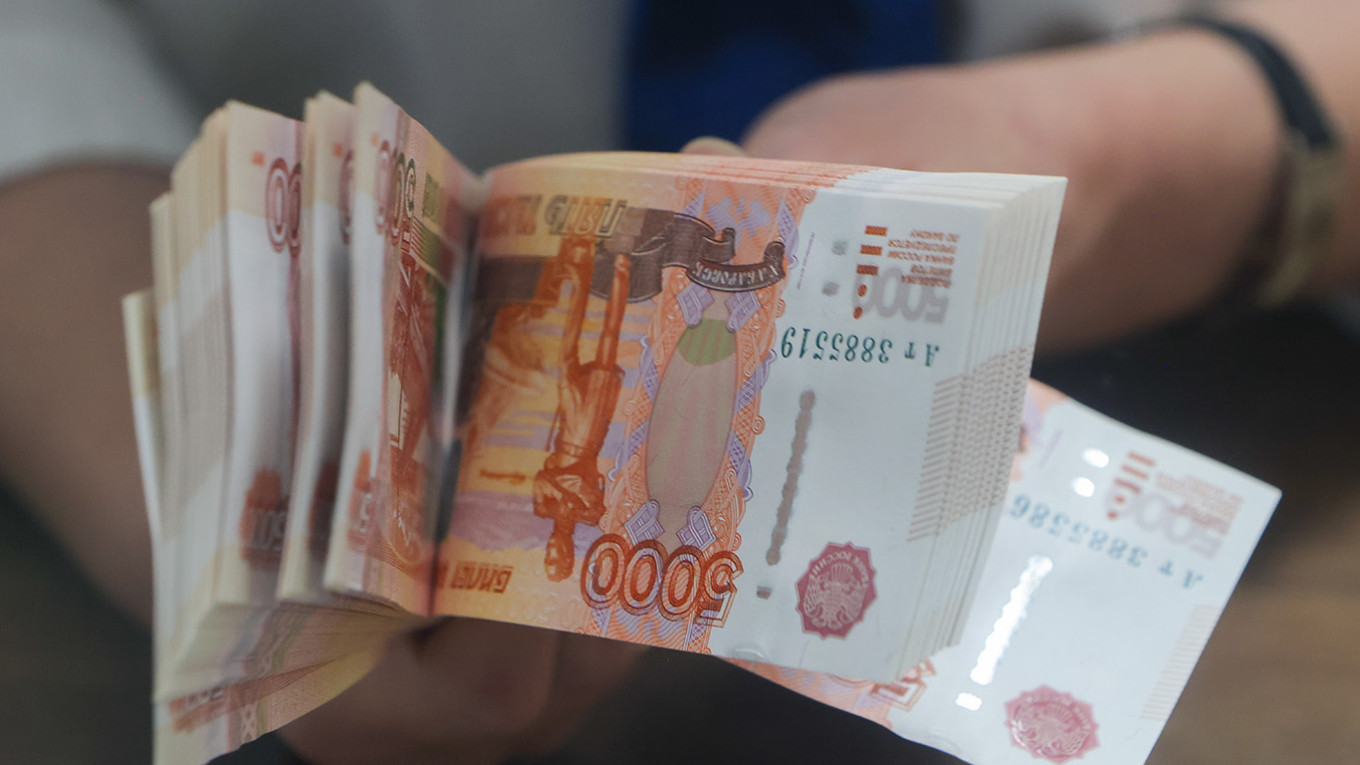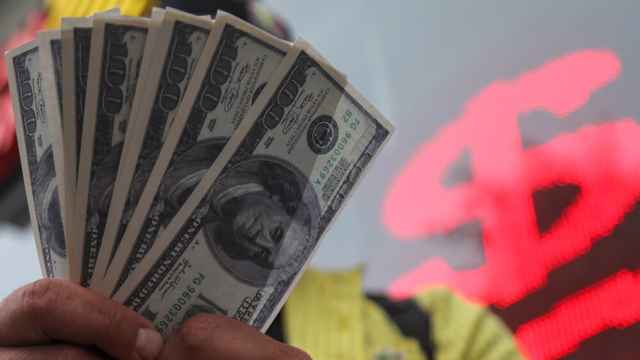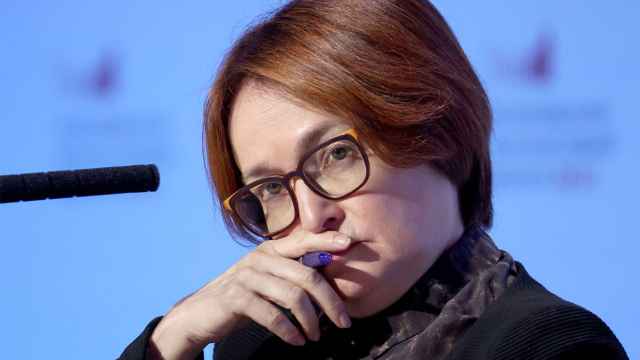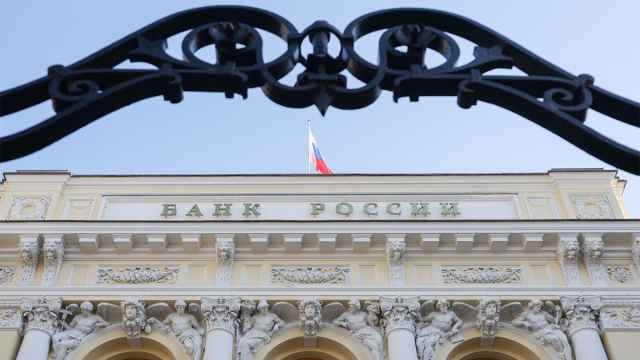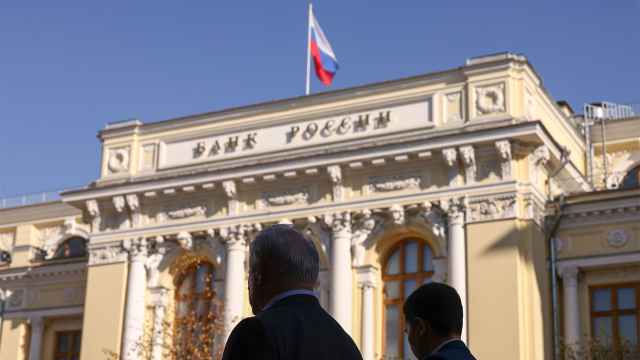The share of Russians reporting they have any savings has dropped to its lowest level in eight years, according to a survey by the Public Opinion Foundation (FOM) conducted between Nov. 1-14 for the Central Bank.
Only 31% of respondents said they had a financial cushion that would allow them to get by for a time if they lost their main source of income, one of the weakest readings in the survey’s history and the lowest since December 2017.
The findings come despite official data showing steady growth in wages and household incomes.
According to state statistics agency Rosstat, per capita money incomes were up 18.2% in January-September from a year earlier. Real incomes adjusted for inflation rose 8%, while real disposable incomes increased 9.2%.
The average wage in August was 12.2% higher than a year earlier, or 3.8% in real terms.
But other indicators point to worsening household finances.
After growing by about 10 trillion rubles ($127 billion) annually for the past two years, household bank deposits stagnated in August-September, rising by only around 130 billion rubles ($1.6 billion) across the two months.
Russians held 62.5 trillion rubles ($794 billion) in bank accounts as of Oct. 1, Central Bank data showed.
Economist and former Deputy Central Bank Governor Sergei Alexashenko noted that deposit growth is now well below the roughly 500 billion rubles ($6.3 billion) in monthly interest accruals, implying a net outflow.
Deposits rose by 722 billion rubles ($9.2 billion) in October, according to preliminary Central Bank data, but the regulator said the increase was driven by a small group of individuals buying large amounts of foreign currency and placing it in deposits.
Foreign-currency deposits accounted for 234 billion rubles ($2.9 billion) of the increase, with most of the rest coming from accrued interest.
Russians’ expectations about their future standard of living have also deteriorated, reaching their lowest level since late 2022, according to a separate FOM survey conducted quarterly.
All major indices fell, with the sharpest drop in assessments of future living standards.
A recent survey by the independent Levada Center likewise showed a rapid decline in economic optimism.
The uneven distribution of income gains is adding to the pressure.
Almost 70% of all household income is earned by the wealthiest 40% of the population, Rosstat data shows, indicating that inequality is widening even as aggregate incomes rise.
A Message from The Moscow Times:
Dear readers,
We are facing unprecedented challenges. Russia's Prosecutor General's Office has designated The Moscow Times as an "undesirable" organization, criminalizing our work and putting our staff at risk of prosecution. This follows our earlier unjust labeling as a "foreign agent."
These actions are direct attempts to silence independent journalism in Russia. The authorities claim our work "discredits the decisions of the Russian leadership." We see things differently: we strive to provide accurate, unbiased reporting on Russia.
We, the journalists of The Moscow Times, refuse to be silenced. But to continue our work, we need your help.
Your support, no matter how small, makes a world of difference. If you can, please support us monthly starting from just $2. It's quick to set up, and every contribution makes a significant impact.
By supporting The Moscow Times, you're defending open, independent journalism in the face of repression. Thank you for standing with us.
Remind me later.


